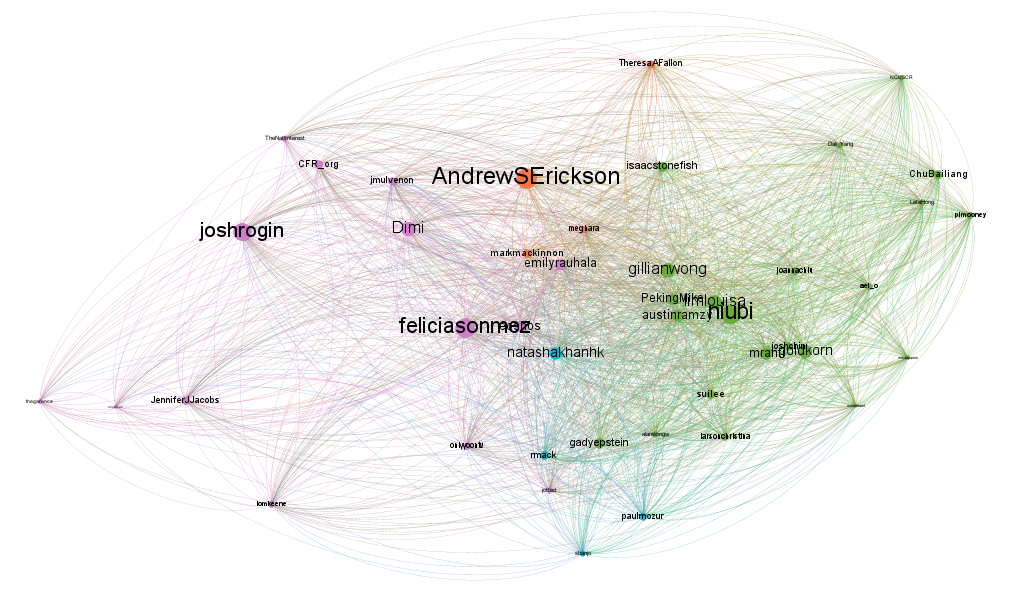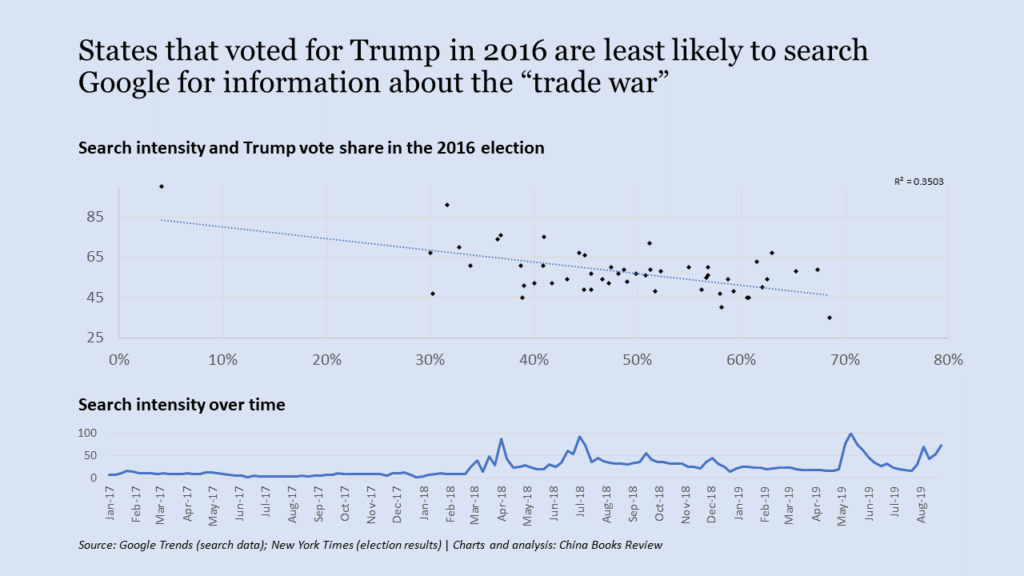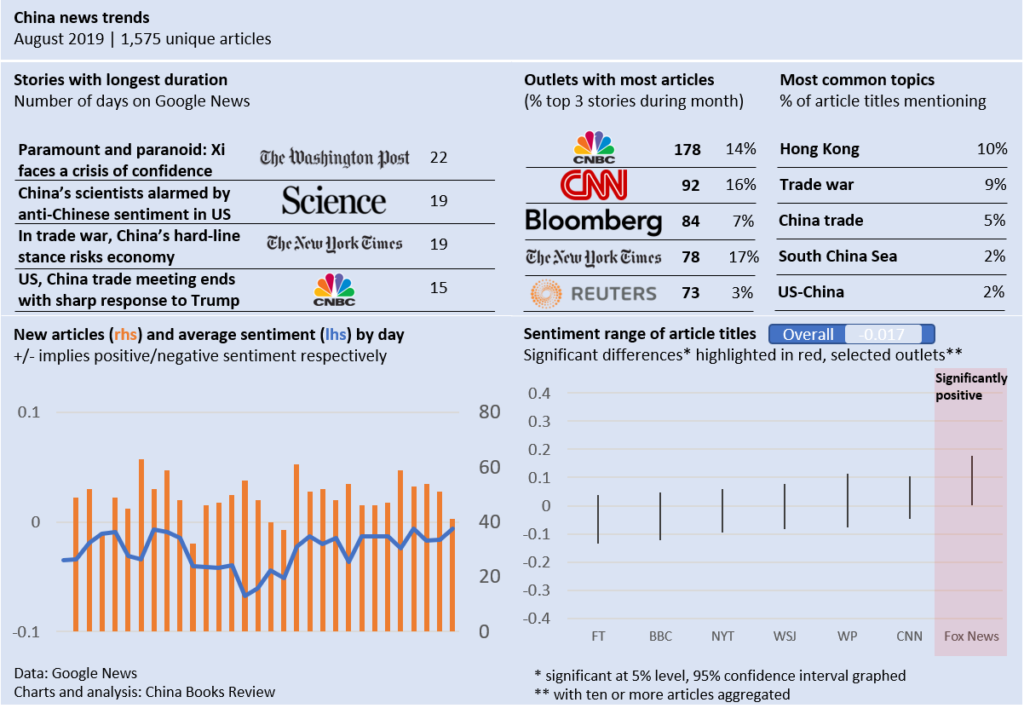
In 2022, as war returned to Europe; millions suffered due to costlier food and energy and ever more devastating natural disasters; and America’s vulnerable democracy deepened its confrontation against an array of authoritarian powers, China’s fate was further submitted to the will of one man.
China’s leaders, whose country’s rise had been facilitated by geopolitical stability and growing economic interdependence, saw both opportunity and threat in the year’s turbulence and fragmentation. While Russia’s invasion of Ukraine failed to break Western resolve, highlighted questions about the battle-readiness of China’s military, and hurt China’s standing in Europe for its rhetorical support of Putin, China nonetheless gained from Russia’s strategic subordination. Heightened tensions reinforced Xi Jinping’s calls for struggle against external threats and his vision of an expansive national security-driven domestic policy and greater self-reliance.
In the year to come, China’s evolution away from a Covid-zero posture may prompt yet more anger and disillusionment as its people confront an inadequately prepared healthcare system. The property sector will continue to be a drag on consumer confidence and economic growth. China may seek to facilitate a face-saving off-ramp for Vladimir Putin in Ukraine as part of an effort to reset its relations with Europe. America’s new, Republican-controlled House of Representatives may flirt with symbolically cheap, but strategically dubious provocations of Beijing. China’s continued intransigence on debt relief may sour relations with parts of the developing world.
Continue reading “The year in China 2022”



